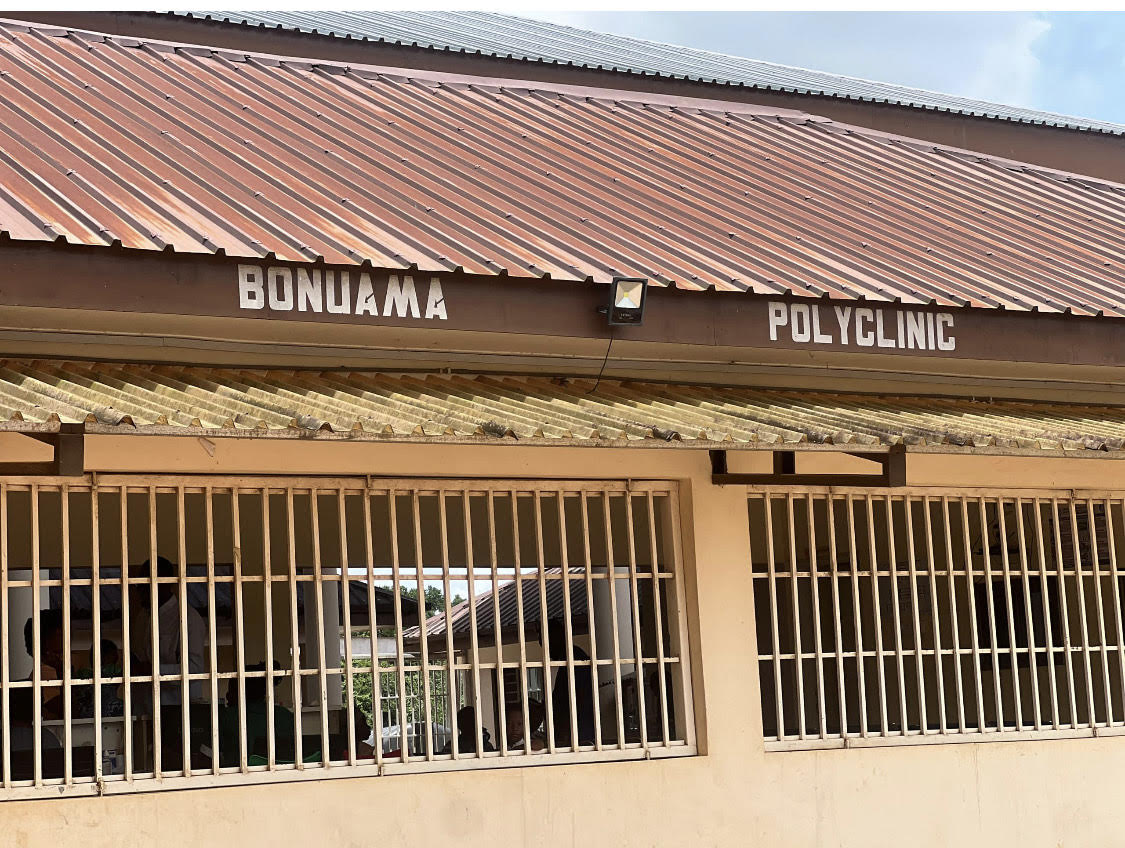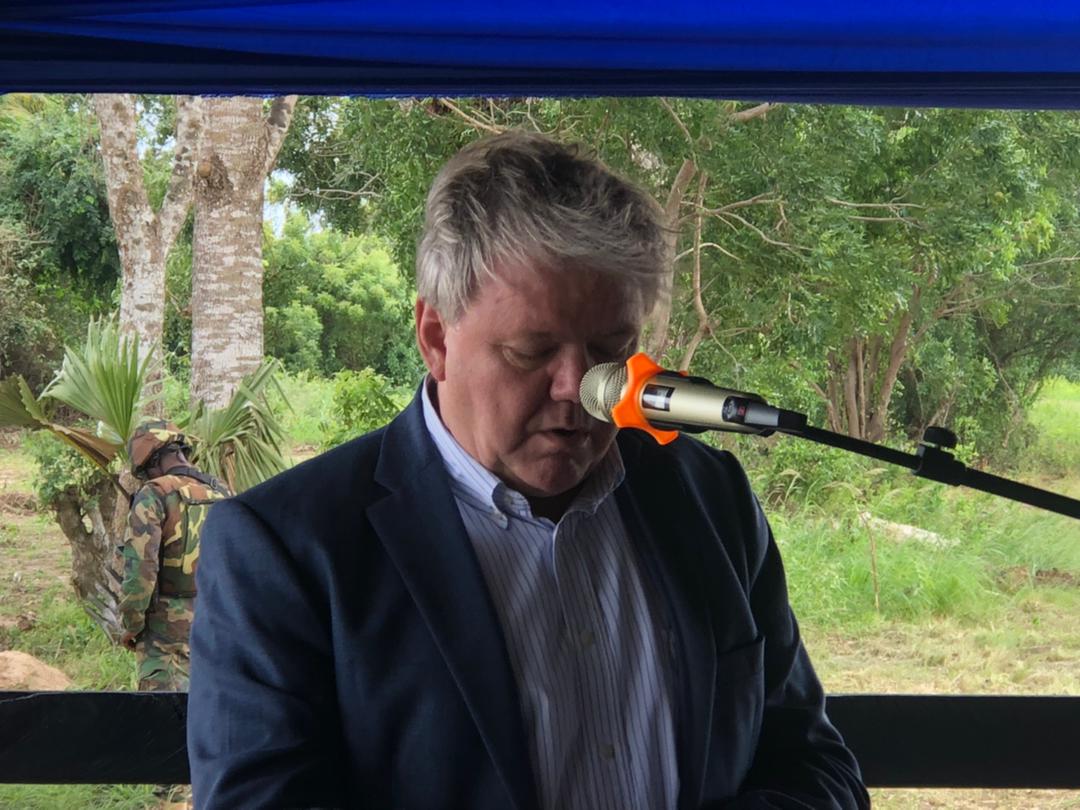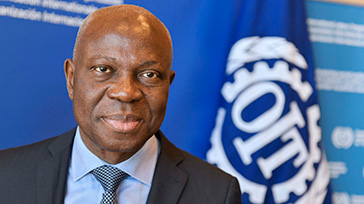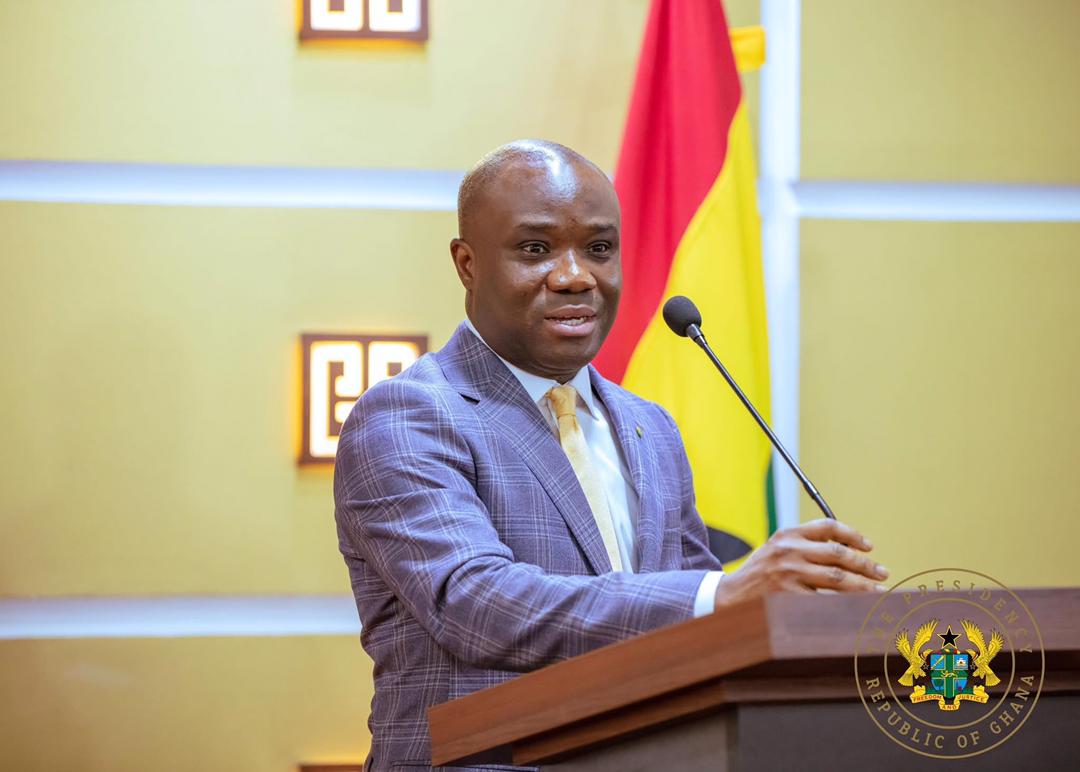
The Ho Teaching Hospital (HTH) has become the new designation for the Volta Regional Hospital after 20 years of existence. The journey to actualise this was tough and torturous; it never came on a silver platter.
Many rivers and mountains were traversed, many meetings ending in stalemate, disaffection and disagreements, but alas, it is a welcome birthday.
As the media is alleged to thrive heavily on controversy, which is often welcomed by the public, the inky fraternity will prefer shopping for bad press, but this write-up will attempt to trace only the positive journey that influenced the elevation of the then Regional Hospital affectionately, referred to as 'Trafalgar' to a Teaching Hospital.
The Ho Teaching Hospital then became the newest after Korle Bu Teaching Hospital establishment in 1962, Komfo Anokye in 1975, Tamale Teaching Hospital in 2008 and the founding of the Cape Coast Teaching Hospital in 2014.
The uniqueness of the HTH from the earlier four is not to train only medical students but all health professionals including doctors, pharmacists, nurses and allied health scientists giving it greater responsibility.
The elevation invariably makes the HTH conjoined with the existing University of Health and Allied Sciences (UHAS) and their future relationship must be mutual, harmonious and tailored to create a congenial environment for patient care, teaching, learning and research.
Attaining teaching hospital status means the arrival of more professionals at all levels, specialised tertiary care, increased complexities of management issues and human conflicts, as well as increased workload and pressure on existing facilities.
Some groundbreaking achievements at the facility level were chalked by dint of hard work spurred by leadership. Perhaps this has helped the hospital to actualise a dream of becoming a teaching hospital.
Dr John Tampuori, Acting Chief Executive Officer of the HTH, said management's focus was geared towards the provision of standard and improved quality healthcare to all clients across the Region and beyond and having expanded infrastructure and services.
He said Management hopes to achieve the Sustainable Development Goals especially Goal three, which gives credence to good health and well-being while mainstreaming the Ministry of Health Sector Strategic Goal, which focuses on improving the health status of all people living in Ghana.
He said new Intensive Care Units (ICU), neurological, dialysis and cardiovascular units have been built and six consulting rooms expanded as part of its series of the centre of excellence projects.
The Acting CEO said four mechanized boreholes were being drilled with a treatment plant constructed to meet the constant supply of water to the facility in addition to the expansion of the morgue to a 500 capacity from the initial 40 body capacity at inception.
Other innovations introduced include the establishment of satellite pharmacies at the various departments as well as over-the-counter 'Cash and Carry' pharmacy that sells medicines to the public and runs for 24 hours.
In actualising the transition to a teaching hospital, management has embarked on advocacy to whip up change of mindset and attitudes for patients and staff to manage the drift.
Again, management is expected to change the NHIS tariff to reflect the present status and build its own Polyclinic as a matter of urgency and also shore up revenue.
HTH now can boast of a 306-bed capacity from what it inherited initially at inception with 240 beds.
Dr Tampuori said though the task was daunting, they were poised and needed the support of all actors to succeed.
The challenges of the hospital include lack of accommodation, ambulances, shortage of staff and means of transport.
Professor John Gyapong, Vice Chancellor of UHAS, promised to work closely with the HTH management team to ensure the challenges did not impede the progress of the hospital, stressing "We shall not repeat the mistakes of the older hospitals to succeed."
He noted that management was already pressurized to increase intake and introduced new programmes but indicated it would be premised on the availability of infrastructure and human resource, pointing out that "Simulation centres and skills laboratories," would be needed and intends to collaborate with satellite hospitals for support.
Twenty years of life is not mean, I quite remember the controversies surrounding the commissioning of the then Regional Hospital in the year 2000. Fresh as it was, was the call by the former President Jerry John Rawlings to have his name replaced on the commissioning plaque with that of his wife, Nana Konadu Agyeman Rawlings, which according to him was the pillar behind the construction of the hospital. This attracted tongues wagging.
Another tango was the change of name of contractor mid-stream from Trafalgar to Kaevener, which compromised some aspects of works, which necessitated delay to inaugurate the hospital as planned with Dr Frank Nyonator, the then head of the Regional Directorate of Health, questioning the status quo.
Government Intervention
The delay of the inauguration of the HTH after cabinet approval of its establishment in 2018 was to amend portions of the Ghana Health Service and Teaching Hospitals ACT 525 of 1996, in order to strengthen governance and management systems of all teaching hospitals.
The Ministry of Health intends to create the HTH into a model hospital and would first pilot the new governance and management arrangements being proposed in view of addressing the major challenges faced by existing teaching hospitals in the country.
A Memorandum of Understanding has been designed to boost good work relationship for optimum performance and quality care. The MOU is expected to be signed by the MOH, the five teaching hospitals and their Universities to ensure excellent work standards.
The MOU will cover consultants, specialists, lecturers and other staff of the hospital with HTH becoming a prototype to be adopted by all teaching hospitals in the country when approved.
The GNA learns MOH is working diligently towards acquiring funds to expand infrastructure in general for service delivery including building additional wards, offices, new tools and equipment, lecture halls, hostels etc to befit the new status.
Mr Kwaku Agyeman Manu, Minister of Health, said his outfit in consultation with the Chief of Staff's office was working assiduously to inaugurate the Board of Governors of HTH as soon as the amendment was approved by the GHS and Teaching Hospitals ACT was approved by Parliament to provide direction for the management of the Hospital.
A crucial hurdle to surmount again is the re-designation of a facility as Volta Regional Hospital. Plans are afoot by the Director-General and the Governing Council of the Ghana Health Service to meet to undertake that declaration.
Dr Archibald Letsa, Volta Regional Minister, said President Nana Addo Dankwa Akufo-Addo's resolve to name a new teaching hospital was a confirmation of government's commitment to providing a sustainable healthcare delivery for the people and anticipated that the expansion of facilities and the economics of the Region would spiral Ho into acquiring a Metropolitan status and invited entrepreneurs to take advantage of the opportunities emerging.
He said the Volta Regional Coordinating Council would support in uplifting the image of the HTH towards making the facility a model medical tourist centre to serve as a pull-factor for clients from within and outside of the Region.
Asogli Queenmothers Association, under the auspices of Mama Attraction II, Queen of Ho-Dome, was highly commended by the HTH management for strongly supporting the hospital in acquiring four dialysis machines and matching accessories. Other NGOs have also added their widow's capacity in a similar vein.
Patrons have praised successive governments for their collective support. They challenged management to make the teaching hospital, a one-stop healthcare delivery facility.
The Writer is a Journalist .
Read Full Story






















Facebook
Twitter
Pinterest
Instagram
Google+
YouTube
LinkedIn
RSS